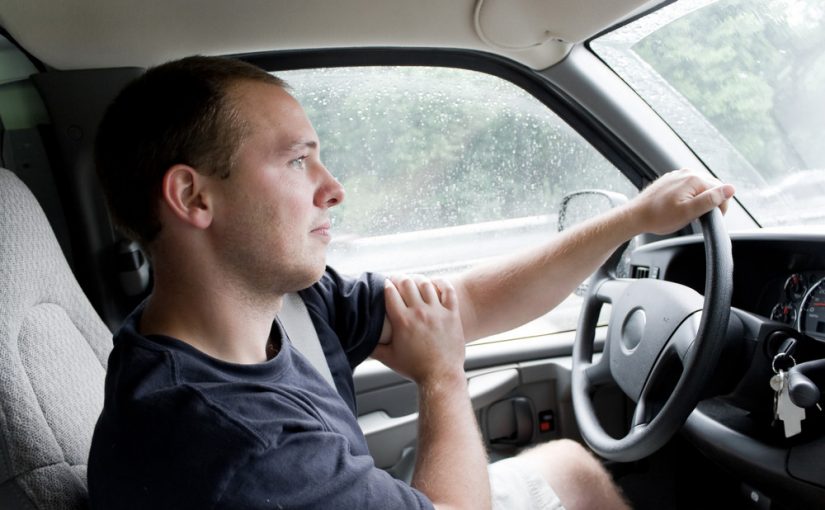
Avid RV campers are likely to own a towable trailer or a motorhome. Research shows more than 11% of U.S. households with 35-45-year-olds have an RV, which is more than the ownership rates for 55+ year-olds. The majority prefer towable RVs to motorhomes as they are more affordable and allow users to use the towing vehicle freely when not camping.
However, towing an RV trailer needs a lot of power, and installing an electric trailer brake controller might just be the solution. It helps operate the trailer’s brakes when driving and reduces wear on the towing vehicle’s brakes. Even with the best maintenance, the trailer brake wiring system can get faulty. Diagnosing such electrical problems is difficult, especially when you don’t know the cause. Here are the common problems in trailer brake systems and how to fix them.
1. Damaged Wiring
The trailer brake wiring system wears out after prolonged use. And, if you’ve been driving in rocky or rough terrains, the wiring system is likely to get damaged rapidly. The best way to solve the problem is to ensure the trailer wiring is outfitted properly to avoid coming into contact with the rough road. This means using a high-quality conduit, so the wires are not left hanging under the trailer. Also, avoid using scotch locks to join the brake controller wiring. The locks aren’t suitable for this kind of application and can cause problems on the road.
2. Corrosion
Weather elements also wear out the trailer brake wiring system. The connector pins inside the plug can accumulate dirt over time and need freshening up occasionally. Pouring a can of WD-40 removes all the dirt and anything else that creates resistance to the trailer connection. Use the solution on the socket and trailer plug too. Once all foreign elements are removed, connect the plug and disconnect it three to four times to improve connection. Check the connector pins for bending too. If bent or pinched, straighten them into position, and if they have developed rust, replace them.
3. Low or No Voltage
This is the most common problem in an electric trailer brake controller. Some causes of low voltage are open circuits, poor electrical connections, broken wires, blown fuses, and faulty resistors. To test the voltage of the system, use a voltmeter. Connect it to the lead wires at any brake while running the engine of the towing vehicle. Normally the voltage begins at 0 volts and increases to 12 Volts as the controller bar is actuated. If the controller doesn’t produce any voltage control, check the manual. The rule of the thumb states the voltage of the controller is equal to the voltage applied to the brakes when it’s first turned on.
As such, a low threshold provides smooth braking while a high voltage makes the brakes feel harsh. The system may also short circuit due to defective controllers, shorted magnet coils, or bare wires touching a grounded object. Finding the cause of either of these problems is done by checking the amperage of each part. System amperage measures the current flowing in the electric trailer brakes when all the magnets are energized, and it varies in proportion to the voltage. When testing for the amperage, ensure the engine tow vehicle runs and the ammeter has adequate capacity. A high amperage reading that drops to zero once the trailer is unplugged means that the short-circuit is in the trailer. However, if the amperage reading remains high when all the brake magnets are disconnected, the short is in the trailer brake wiring system.
4. Poor Connections
Even with advanced brake controllers equipped with a circuit analysis, it’s important to examine the parts for poor connections. For hardwire installation, ensure each wire is connected to the right location. If the vehicle has brake lights and turn signals, check whether the brake wire is grounded with the white color. A circuit breaker kit comes in handy, too, as it is equipped with all the necessary tools to help the installer to connect the controller adequately.
In case you find advanced trailer brake wiring problems, enlist the help of an expert. Taking care of your trailer’s wiring system is just as important as looking after your regular towing truck.
Hayes Towing Electronics Products are Proudly Made in the U.S.A. and In-Stock!





